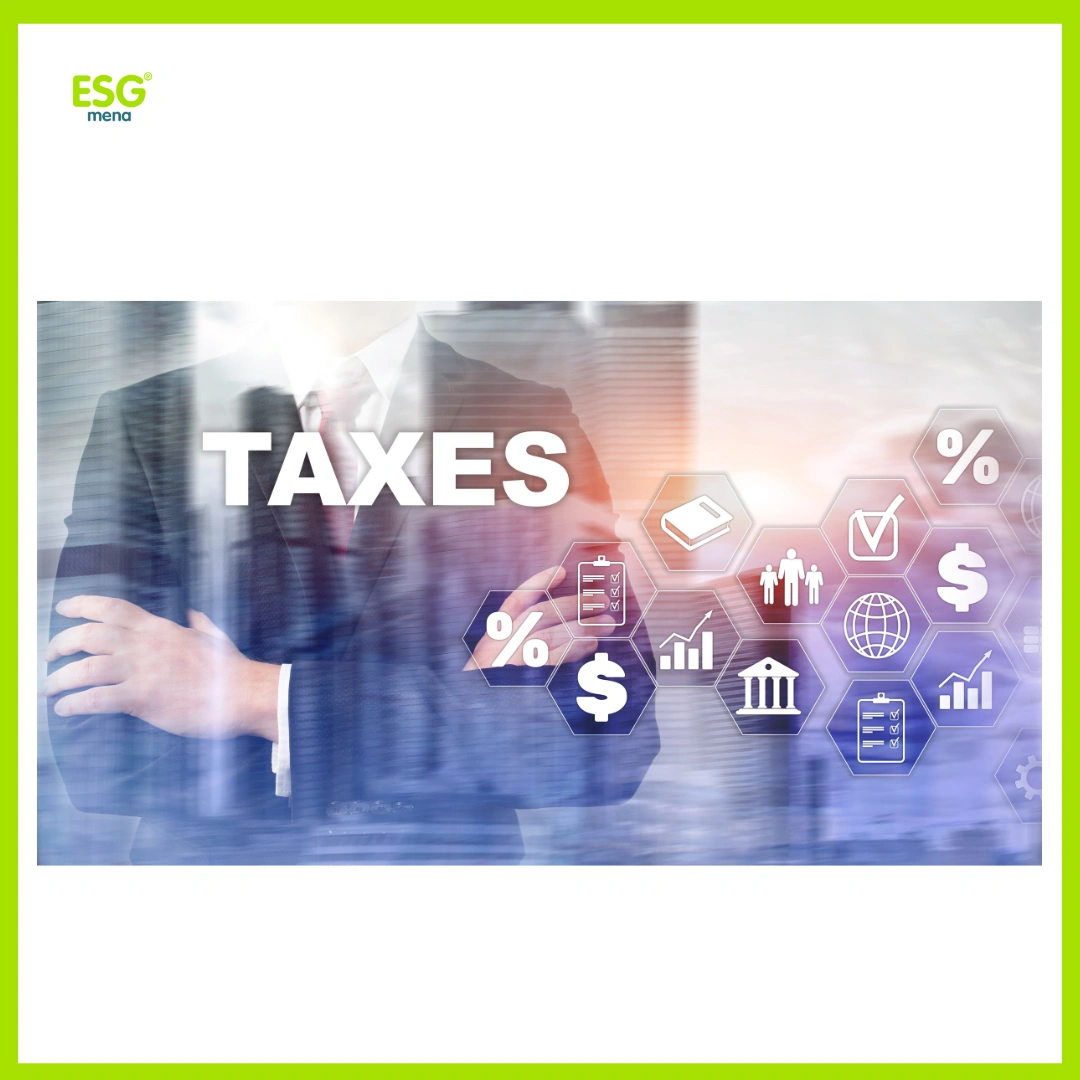What Is a Wealth Tax? How It Works and Impacts the Current System
What is a wealth tax? It’s a question gaining global attention as economic inequality grows. A wealth tax is a fiscal policy designed to levy a percentage on the net wealth of individuals, particularly the ultra-wealthy. Unlike income tax, which targets annual earnings, a wealth tax applies to total assets including property, stocks, and other valuables.
Understanding What Is a Wealth Tax
Wealth taxes aim to redistribute economic resources and fund public services. The concept is not new—countries like Spain and Norway already use variations of it. The goal is to reduce the concentration of wealth among the top 1%, helping governments address deficits and invest in essential sectors like healthcare, education, and infrastructure.
- What is a wealth tax? A levy on the total value of personal assets.
- It targets net worth rather than income.
- Often proposed as a way to reduce inequality and increase public revenue.

How Would a Wealth Tax Work With the Current System?
Implementing a wealth tax within existing tax systems requires significant reform. Valuation of assets must be accurate and updated annually. Enforcement also demands stronger legal frameworks and transparency. Digital tools, international cooperation, and updated registries would be crucial for success.
Critics argue that a wealth tax might trigger capital flight or discourage investment, while supporters believe it could fund critical social services. Its effectiveness depends on design—such as tax rates, exemptions, thresholds, and how it integrates with income and corporate taxes.
Times News & Magazine
Policymakers need to consider global best practices. According to the OECD Wealth Taxation Report, most successful implementations feature progressive tax brackets, strong audit systems, and clear rules on foreign-held assets. This helps ensure fairness and efficiency without harming economic growth.

Challenges and Considerations
There are concerns over how governments will fairly assess wealth and ensure compliance. Some argue it may be more practical to close loopholes in existing income and capital gains taxes rather than introduce a new system. Others emphasize the symbolic and practical impact of showing that everyone contributes fairly to public wealth.
How To Achieve Zero Carbon Emission
While unrelated in scope, economic policies like wealth taxes could indirectly support green investments. Revenue generated may be directed toward climate goals—read more in our post on How To Achieve Zero Carbon Emission.

Conclusion: Is a Wealth Tax the Future?
Ultimately, answering what is a wealth tax leads to broader discussions about fairness, policy design, and economic sustainability. While controversial, wealth taxes may be an essential tool for balancing opportunity, funding public services, and reshaping the future of global economies.




